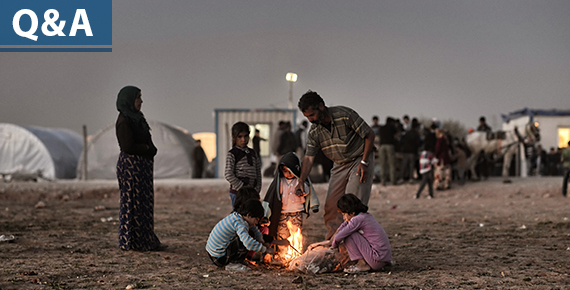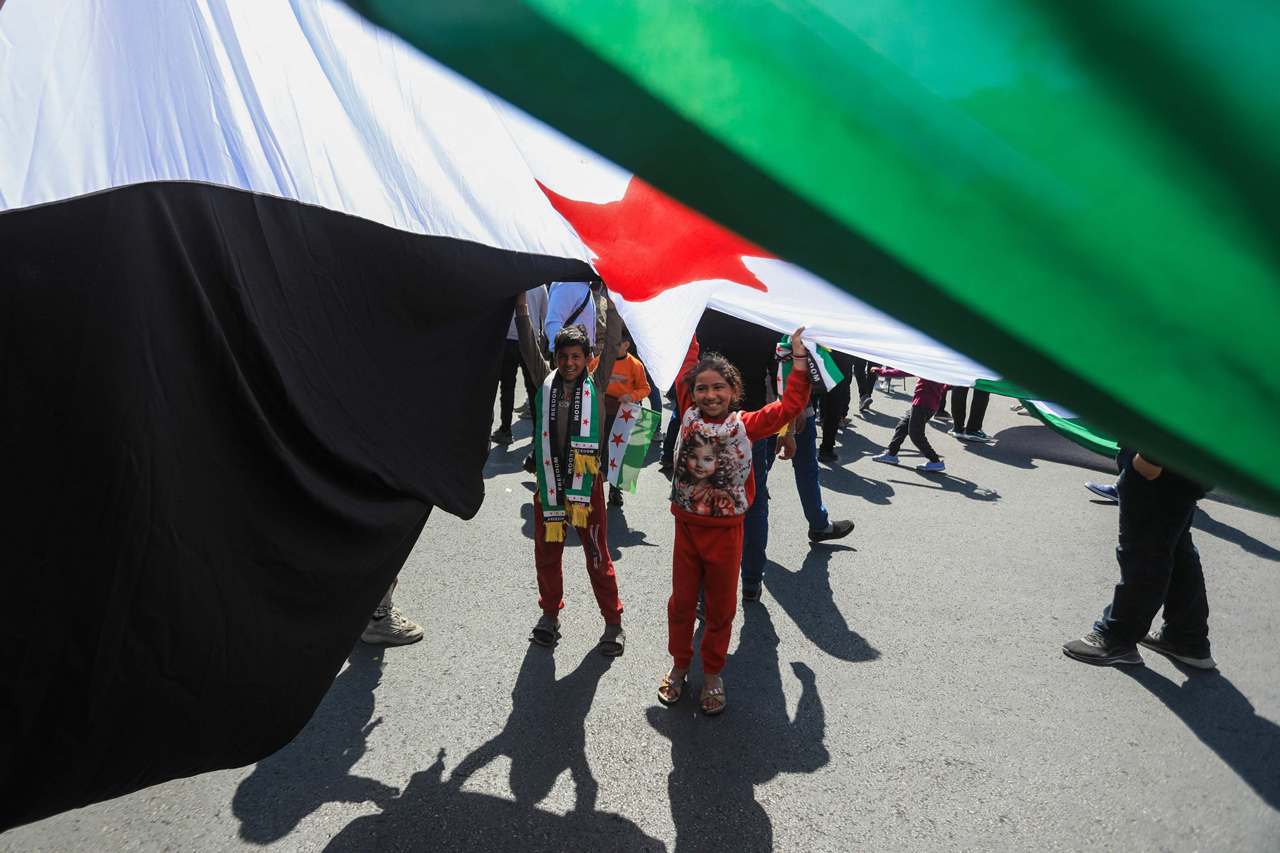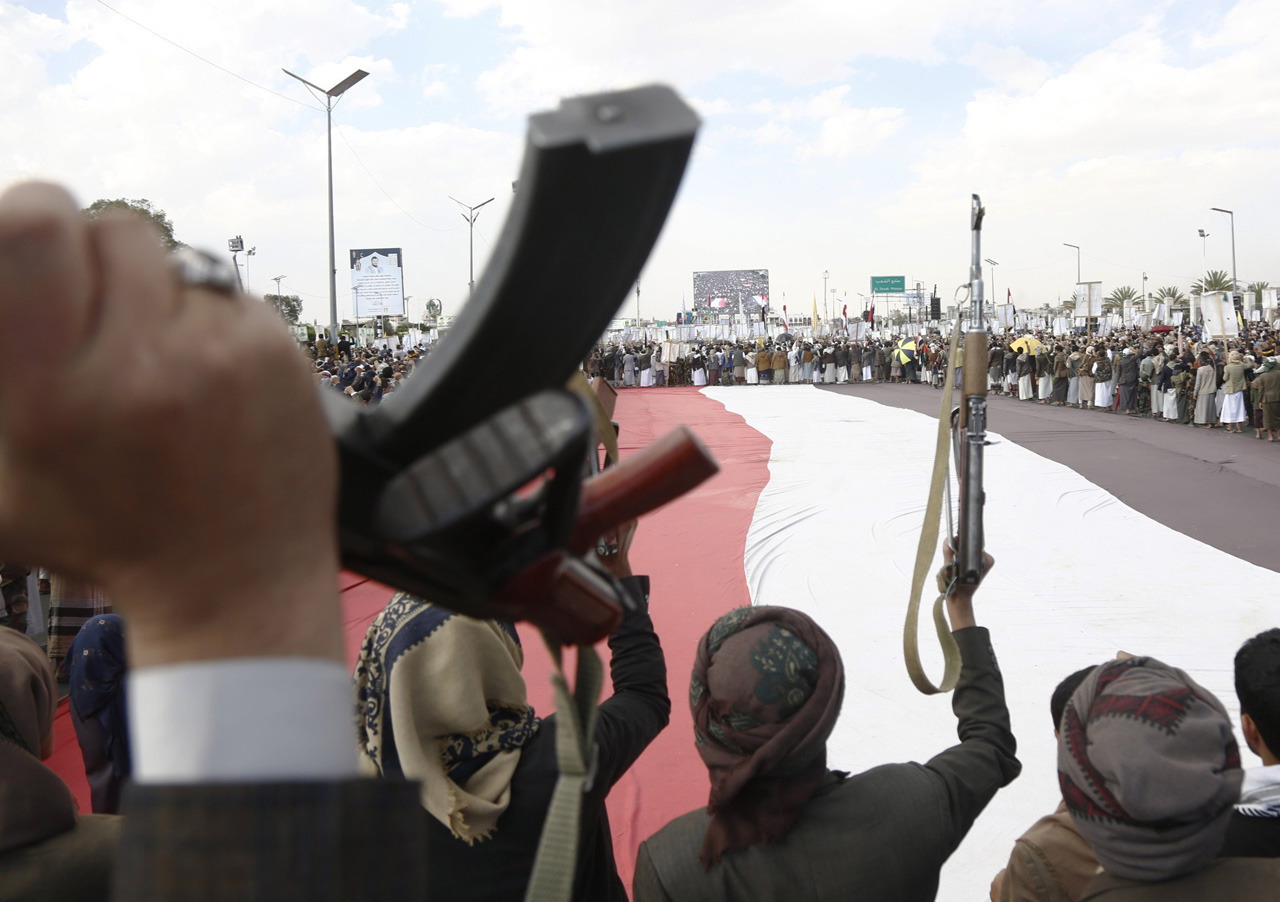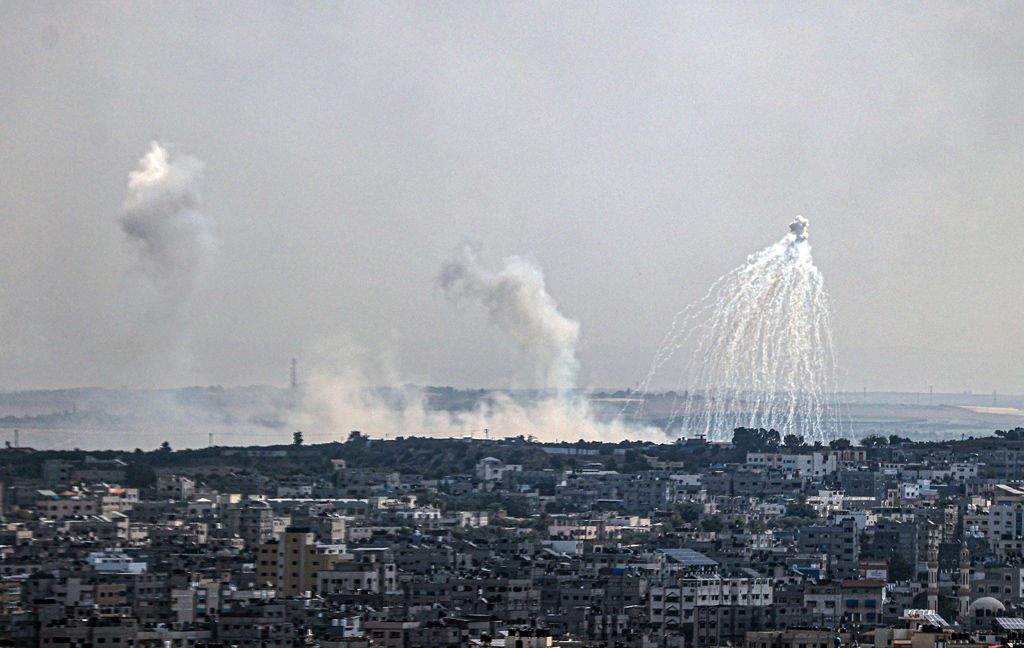1. Considering that the civil war in Syria turns its 4th year, how do you read Turkey’s open door policy towards Syrian refugees today?
The first group of Syrian refugees who escaped from clashes in Syria had arrived in April 2011. As the situation in Syria evolved into a civil war shortly, Turkey has begun to admit Syrian refugees as part of the “open door” policy and placed them into camps set up in provinces on the Turkey-Syria border. In conjunction with the prolongation of the civil war in Syria, Turkey has increased the number of refugee camps dedicated to Syrians some of whom have either preferred to start a new life on their own in rental houses or live together with their relatives in border towns or cities. Internal and external migrations have also increased in Syria due to the prolongation of the civil war. For instance, there were approximately 600,000 Syrians in Turkey according to the United Nations (UN) data as of January 2014. Almost a year later, the figure doubled in December 2014. Let me note this here; these are registered Syrian refugees. Turkish posts state that the total number of refugees from Syria stands at about 1.6 million, 220,000 of whom in camps and the rest dwell on their own in various regions of Turkey, but particularly in border cities.
On the other hand, some political groups criticize Turkey’s humanitarian aid policy towards Syrians, who had to leave their countries, on the ground that this policy causes a heavy economic burden and leads to new sociological problems. So, they wish to stop entry for more refugees. Turkey must proceed with the “open door” policy although she faces the biggest wave of immigration in her history. Let’s not forget that Syrian refugees did not leave their country upon their free will. It was impossible for them to live in their own country due to the civil war. They had no life security and failed to meet basic needs. That’s why they have sought shelter in neighboring countries such as Turkey. No one wishes to remain a refugee in a land of a culture and language s/he is unfamiliar with. Notwithstanding the fact that the conditions in refugee camps in Turkey are very good and praised by international circles, these camps cannot replace one’s own house.
The government must go on with the “open door” policy which is one of its most successful performances. To support neighbors who are seeking shelter in difficult times is what fits to a civilized society. However, international community must be more effective vis-a-vis the on-going humanitarian crisis in Syria. At present, Turkey, Lebanon, Jordan and Iraq shoulder a big part of this burden. Since Turkey is a big country, she may accept a bit more of Syrians, but for the countries such as Lebanon and Jordan, this is the end of the road. Besides, one third of Syria with a population of 22 million, have already been displaced inside the country.
2. What are the necessary regulations for legal status and rights of Syrian refugees in Turkey?
The legal status of Syrian refuges has become a topic of discussion for some time. Turkey has ratified the Geneva Convention, dated 1951 regarding the Legal Status of Refugees, with geographic restriction; therefore, it is only obligated to accept refugees from European countries. For others outside Europe, Turkey grants temporary residence permit under the “refugee” status until application processes of those who apply to the Office of the UN High Commissioner for Refugees (UNHCR). When it comes to Syria, however, Turkey proposing that the refugee status cannot be applied for such a vast number of people has termed Syrian refugees as “guests”. But there is no description of the term “guest” in international law. Debates over the status of Syrian refugees ended in 2014. After the enactment of the Law on Foreigners and International Protection on April 12, 2014, Syrian refugees residing in Turkey have been provided “temporary pr









